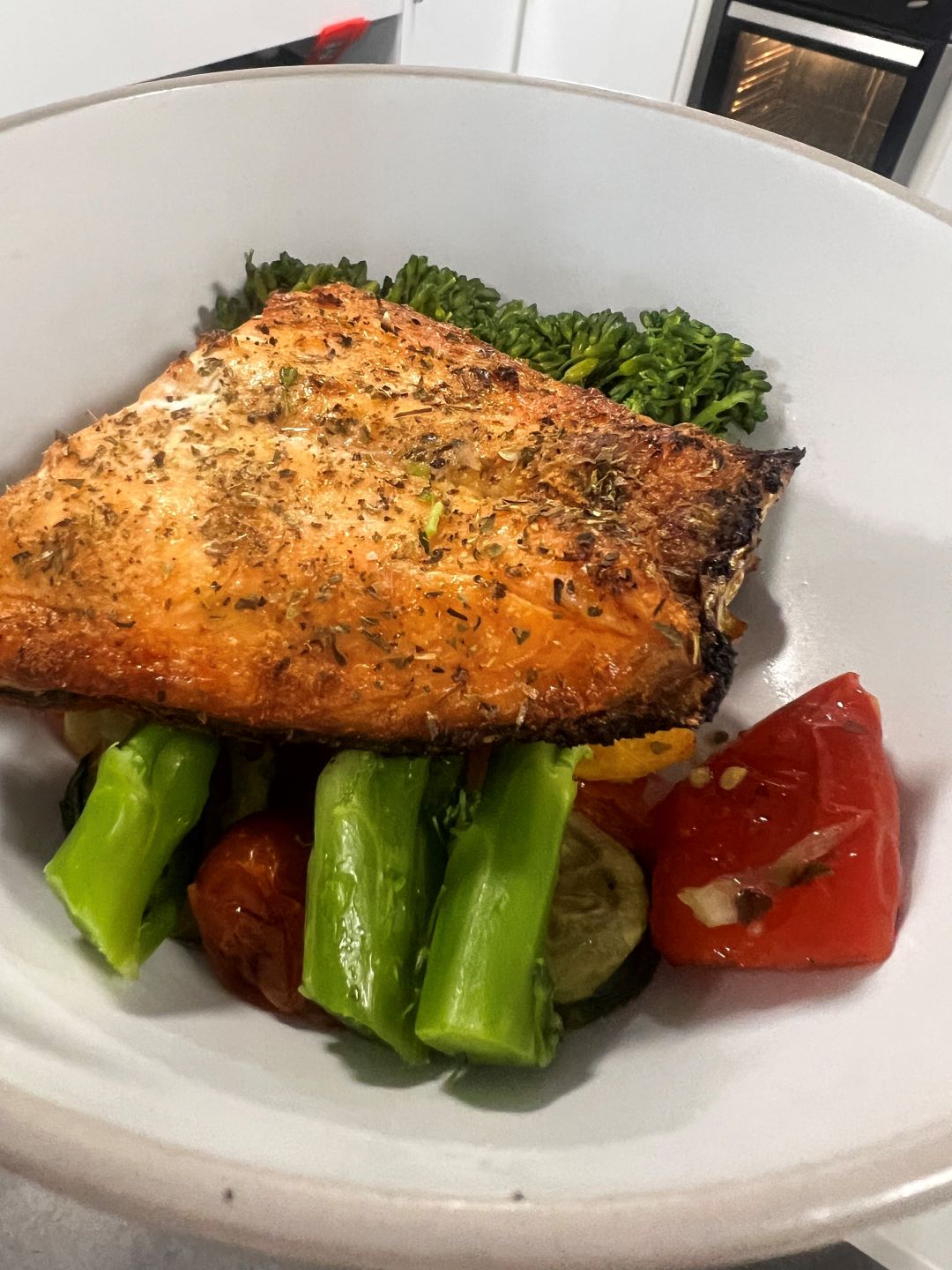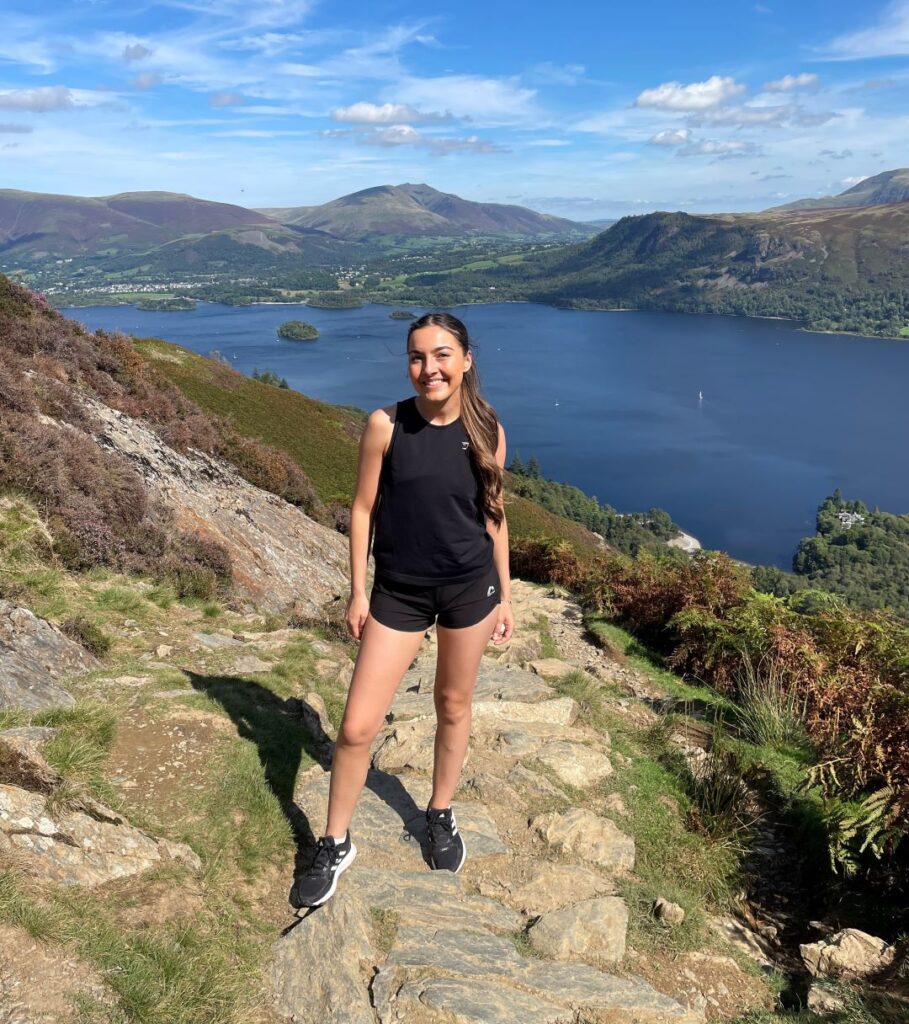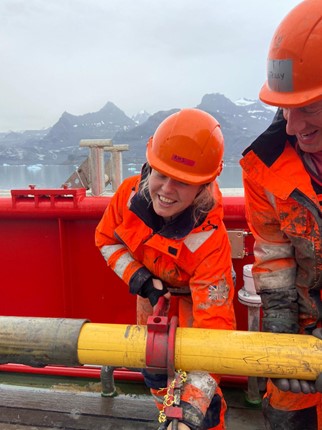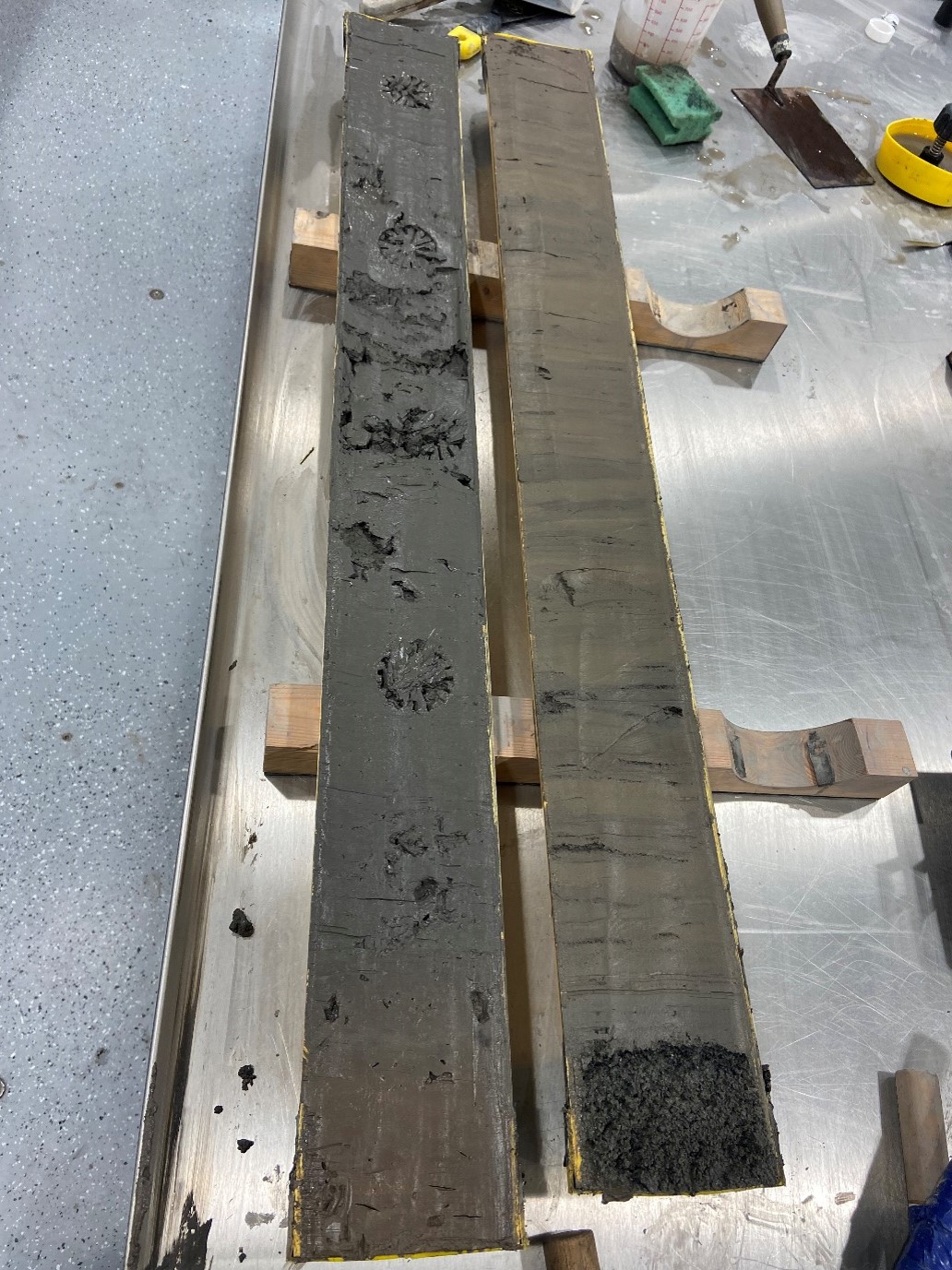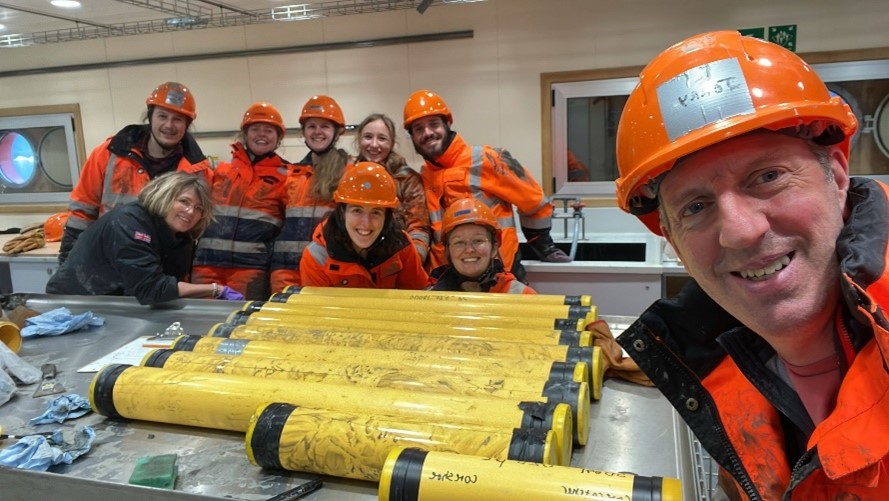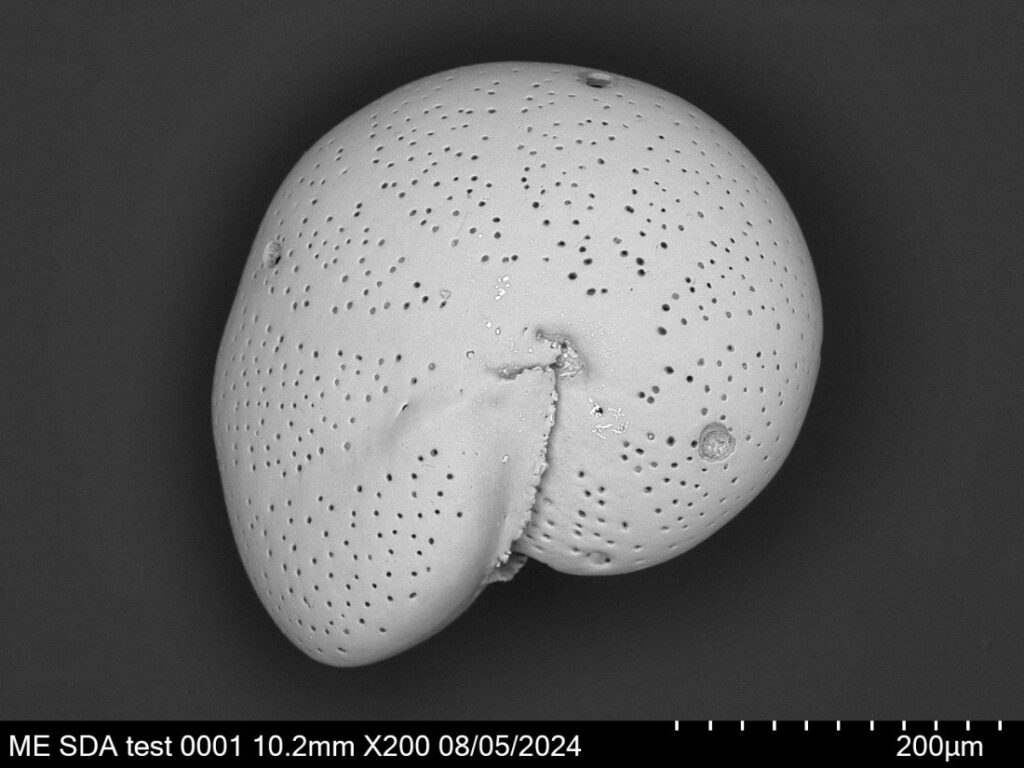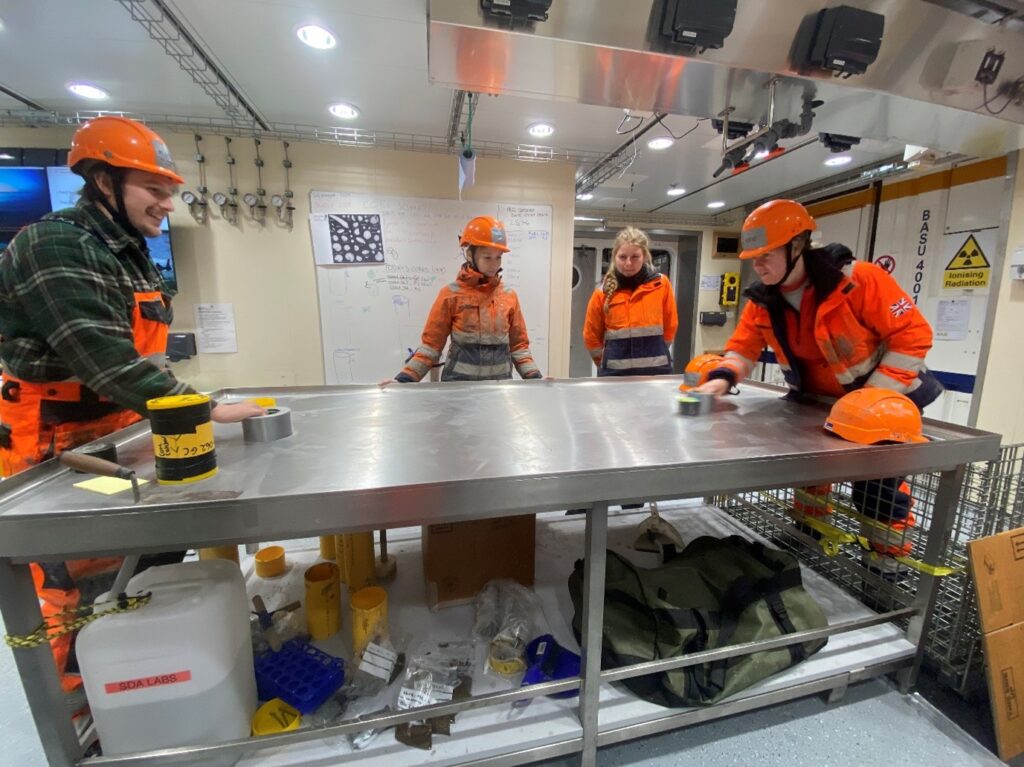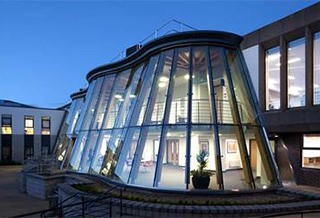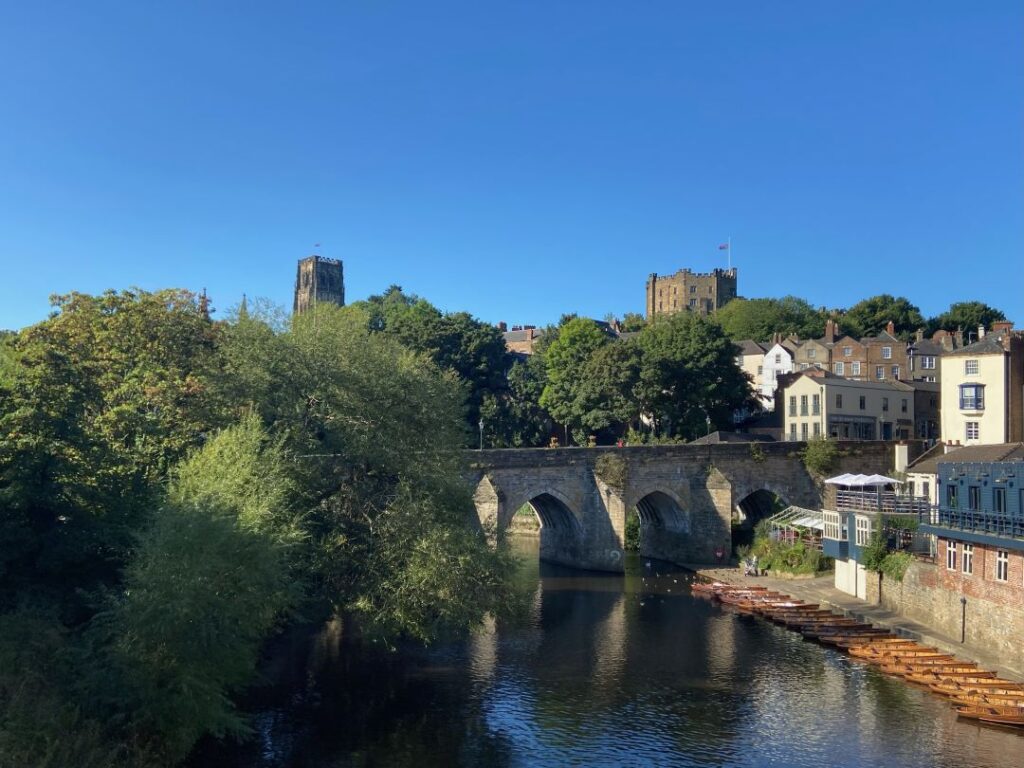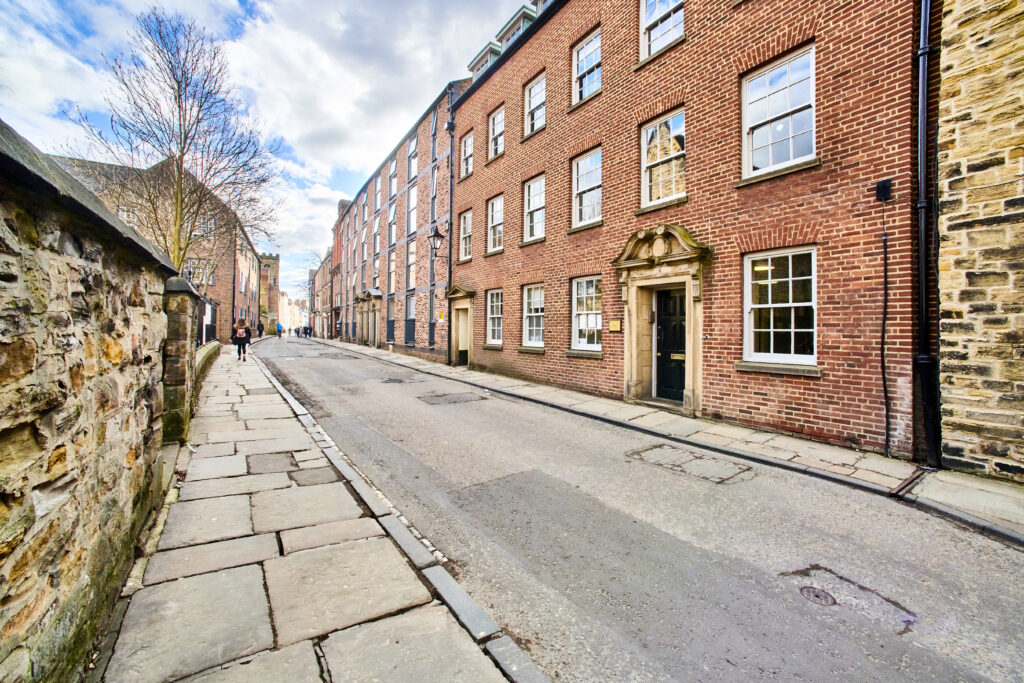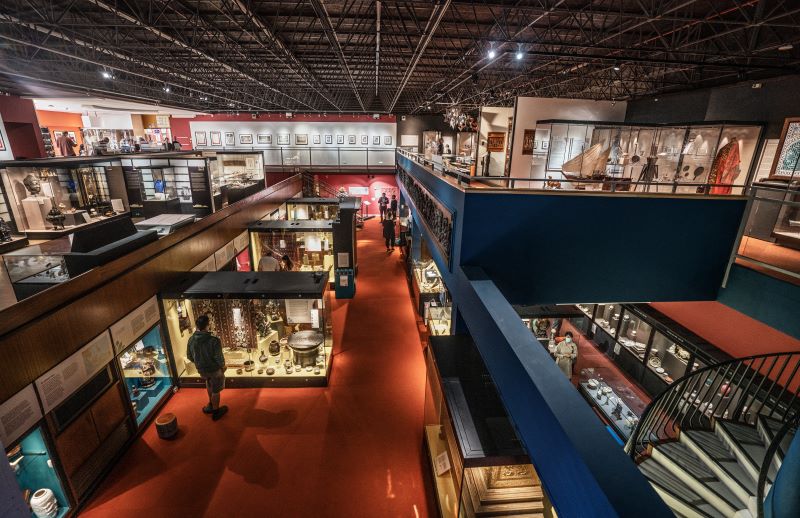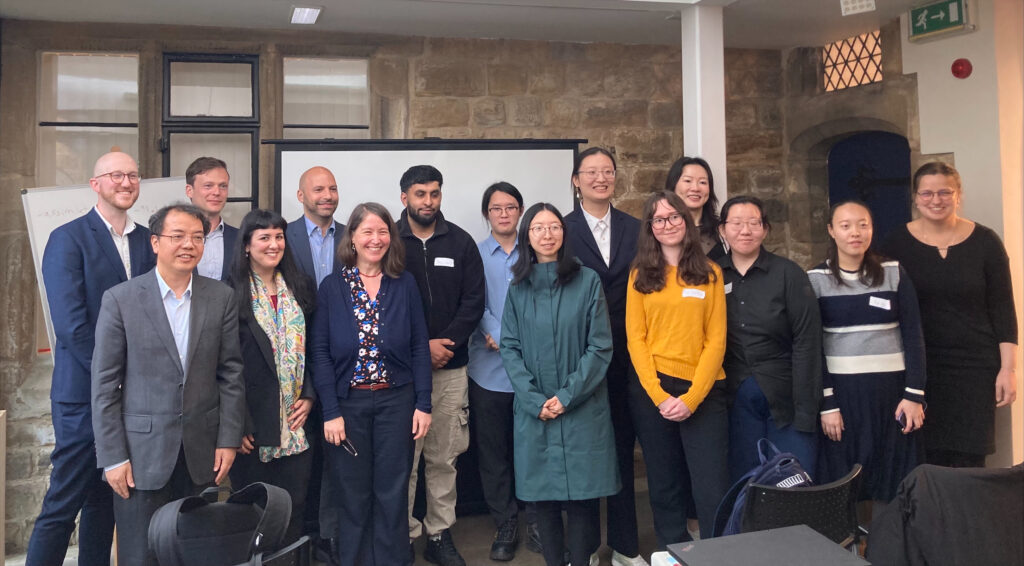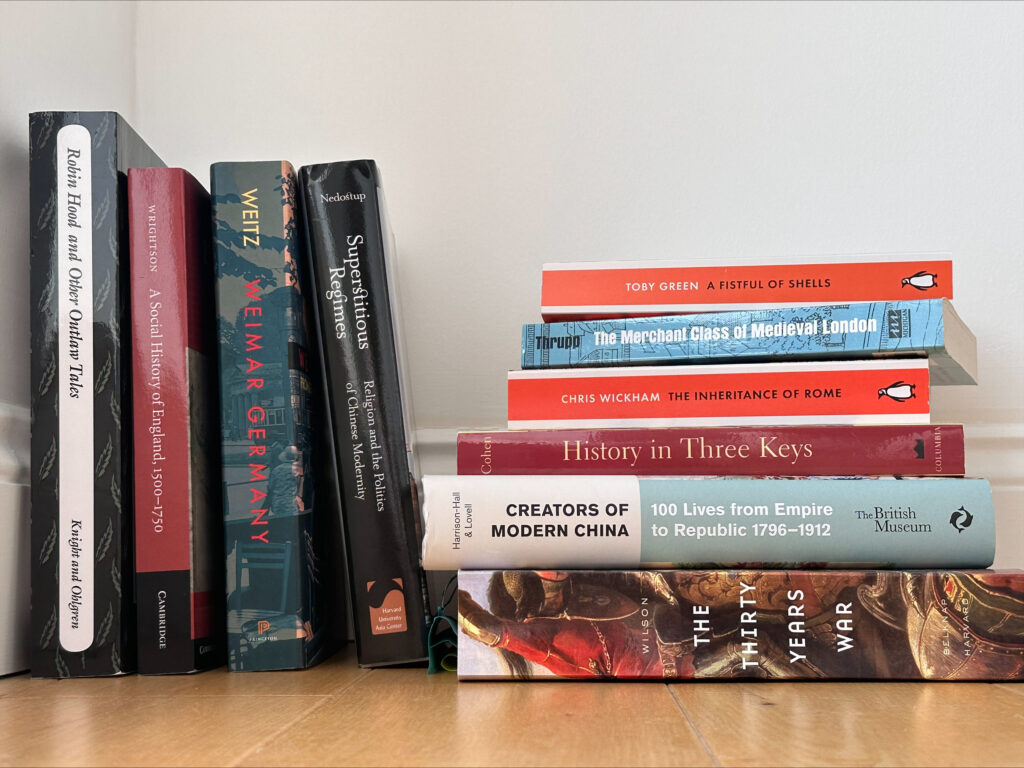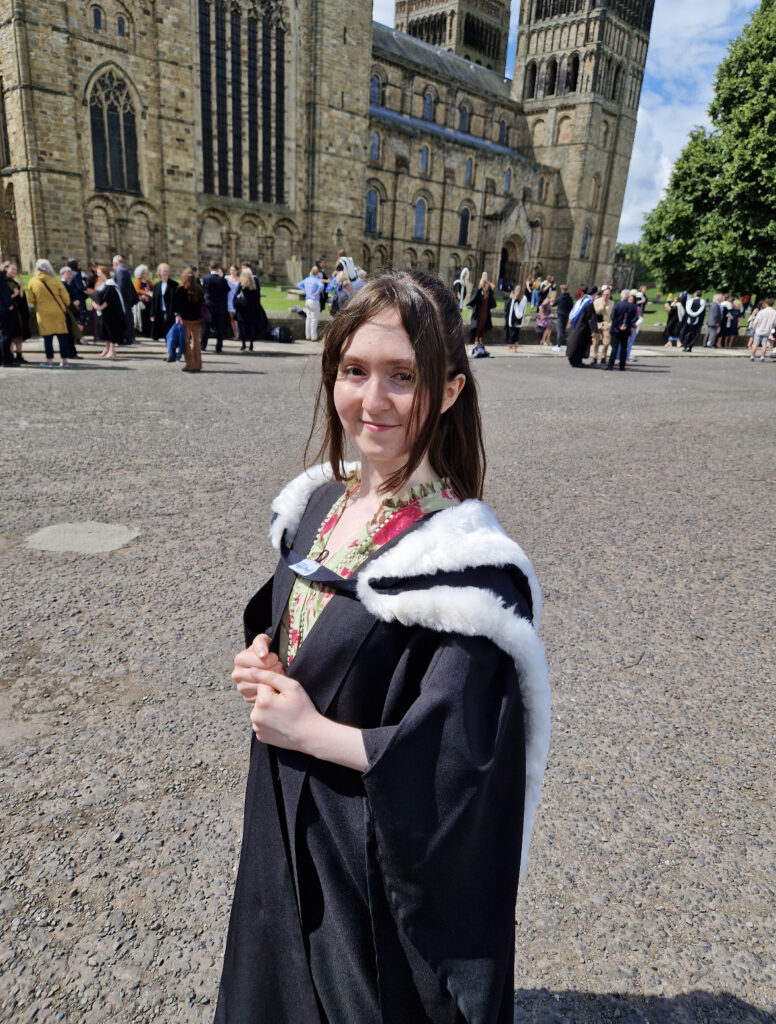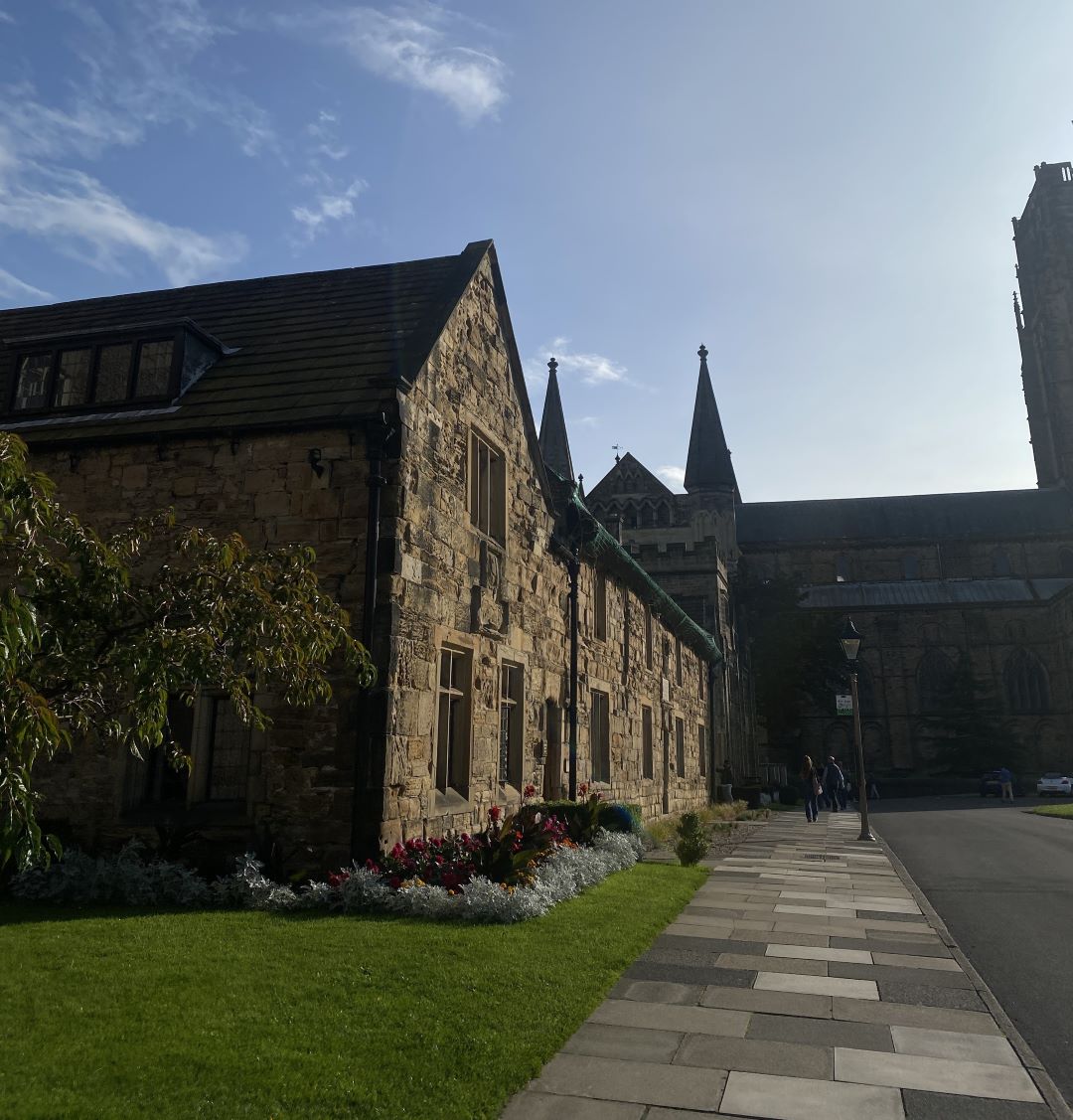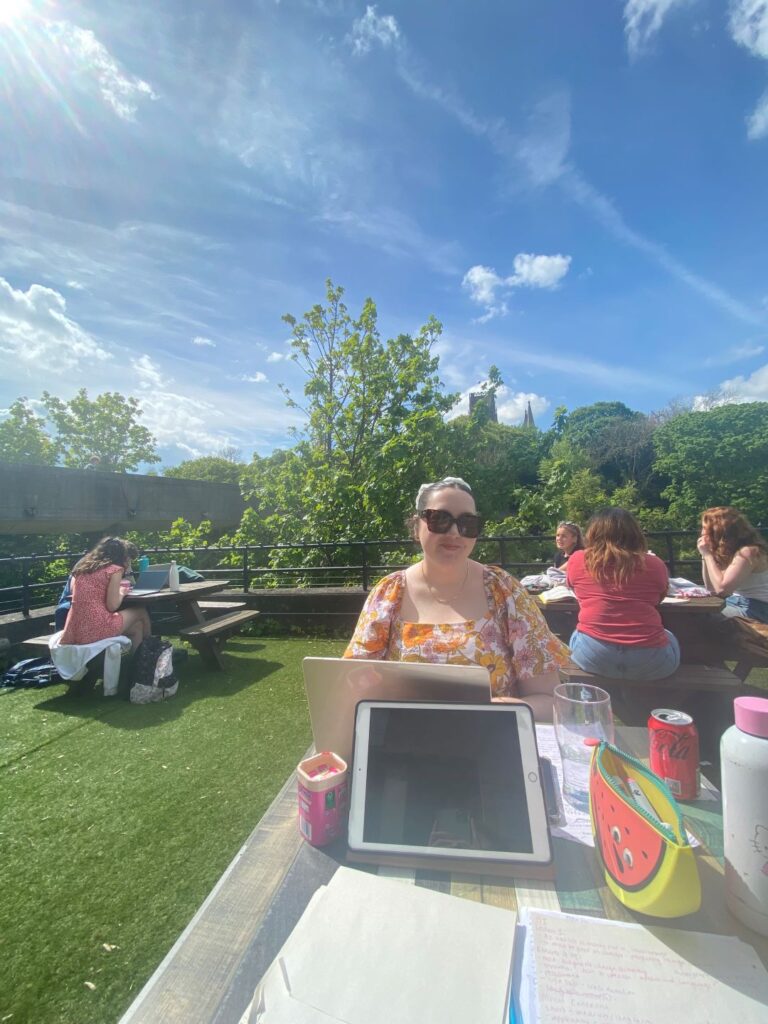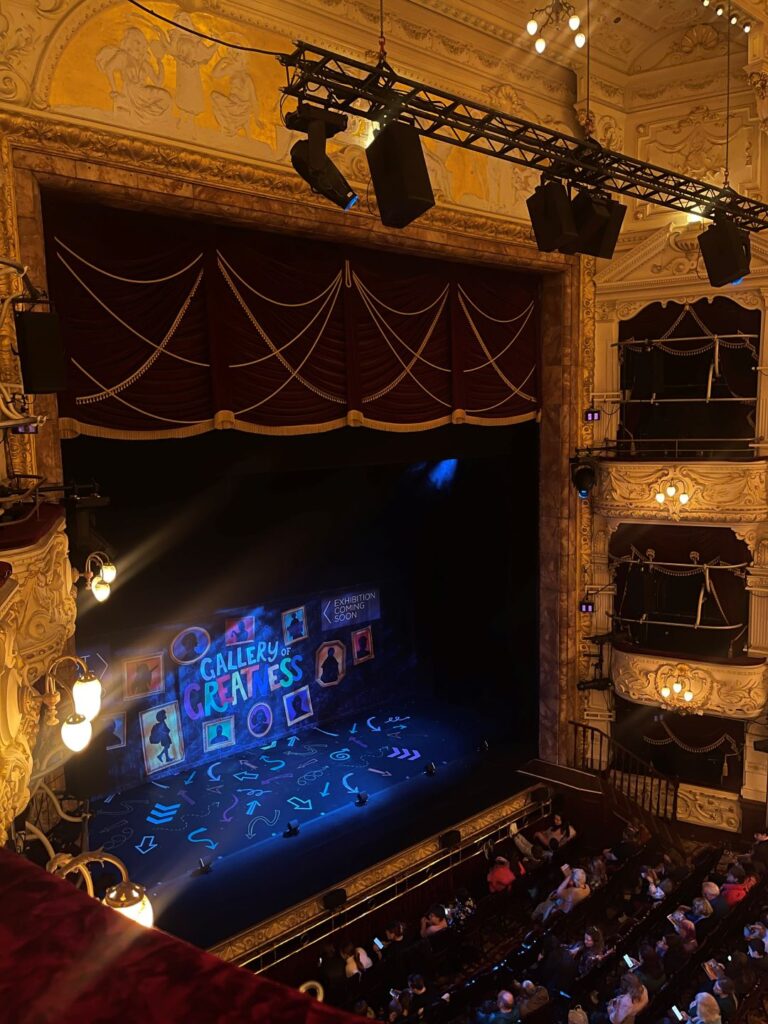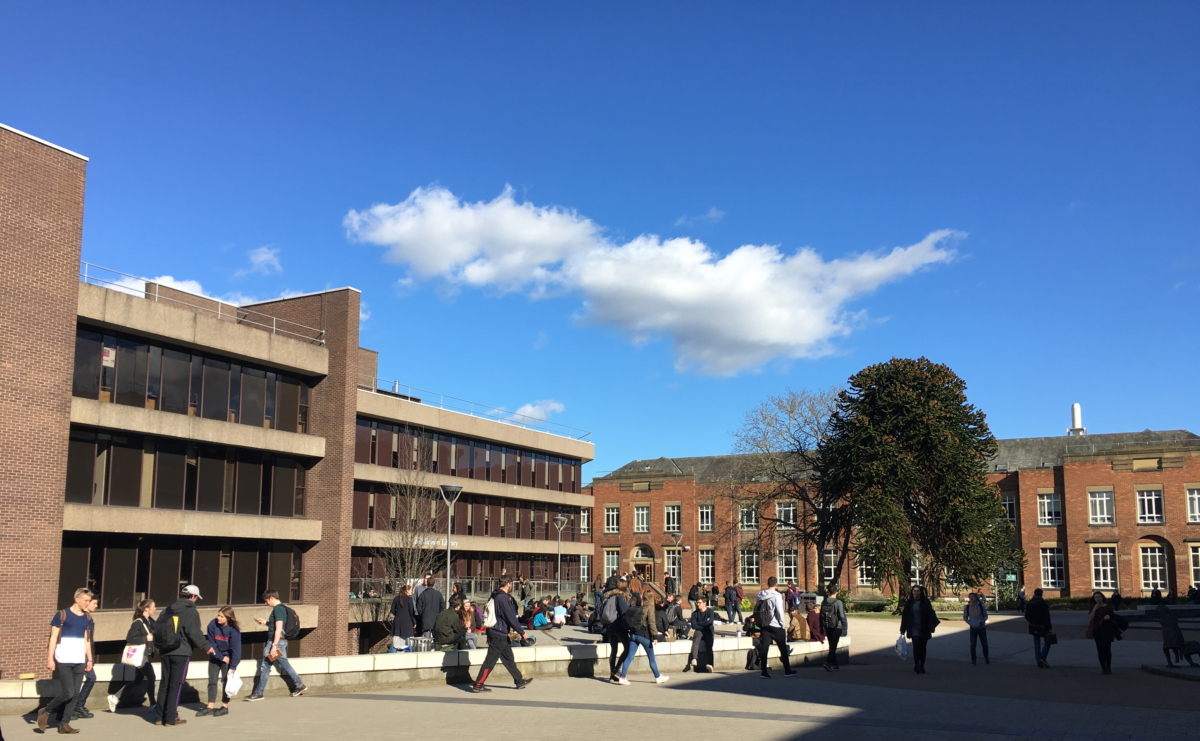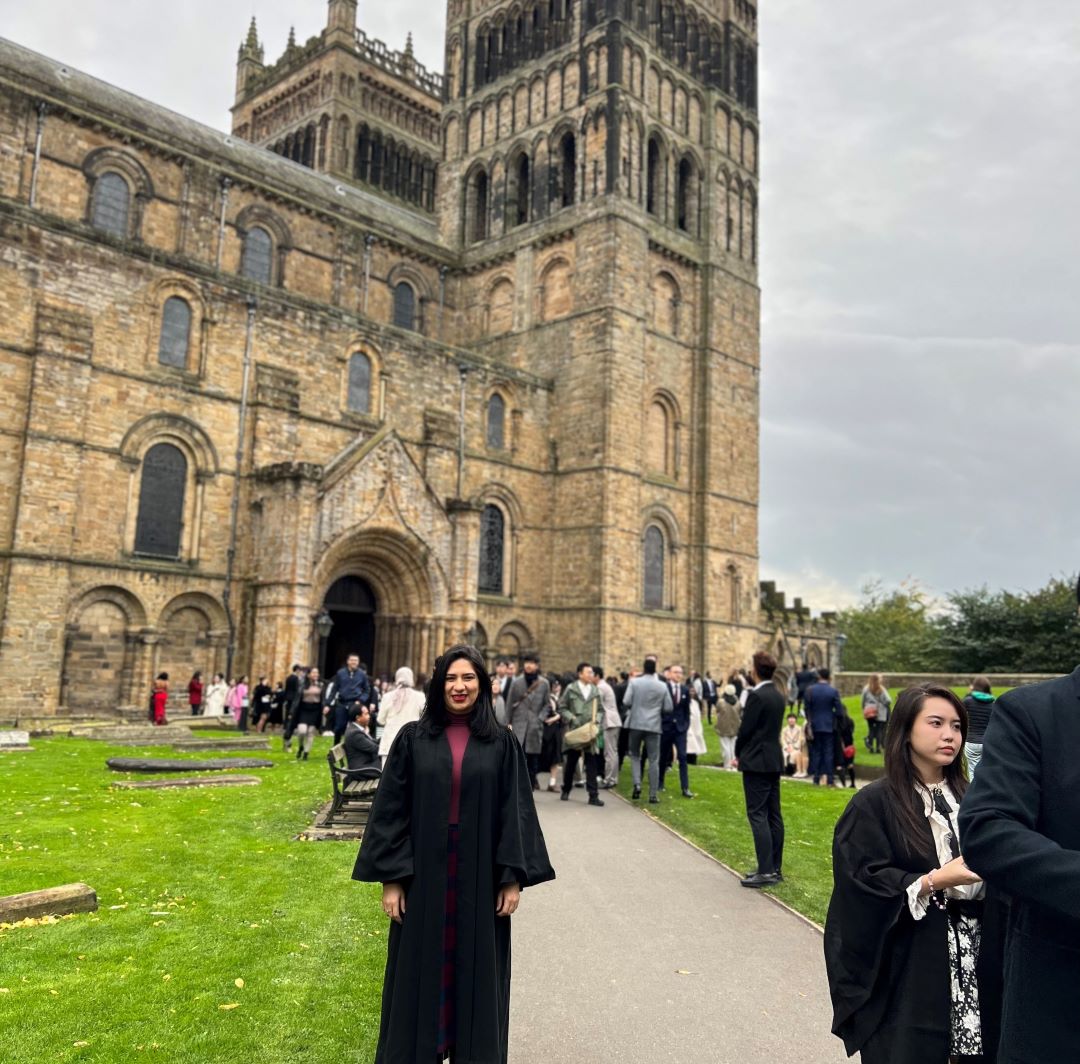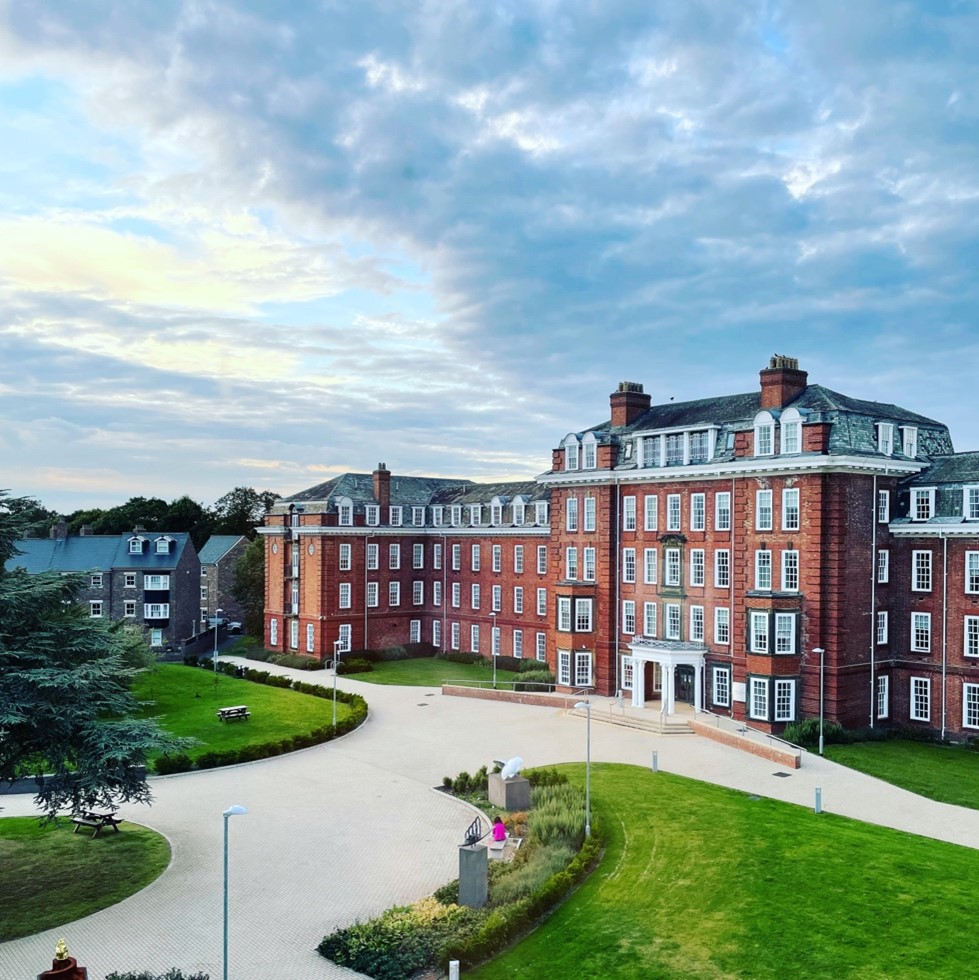Why I chose MA Museum and Artefact Studies
Why Durham’s course?
I chose Durham’s MA in Museum and Artefact Studies because of the ability to work with objects personally. Other courses from different universities I applied to were amazing, but there was a distinctiveness to Durham’s that stood out and drew me in.
Though many other universities have museum and cultural heritage programs, MA Museum and Artefact Studies at Durham is ingrained in archaeology rather than being solely interdisciplinary. Being a part of Durham’s archaeology department, students learn about museum management, collection principles, and debates within cultural heritage as well as how to analyze and handle artefacts.
The mixture of theory and practice is what sold Durham’s course over others.
I did something different in undergrad
Before I applied for this course, I was completing my bachelor’s at Durham in a totally separate department than my postgraduate course is in. I graduated in July 2024 with a joint honors degree in English Literature and History from Durham.
When I applied for my undergraduate course, I imagined myself going into publishing rather than doing a masters museum and artefact studies. I had always loved literature and history equally, but I had figured that a degree in both would allow me more opportunities later on. I’m grateful I did because during the length of my undergrad I realized that though I loved literature, my passions lied in history, and it was something I wanted to pursue further.
Why did I stay in Durham for postgrad?
As an international student, I sought to combat the homesickness (that a quick trip home for others provided solace to) by plunging myself into everything Durham offered. I joined a sport (shocking to my parents), societies, and made extensive use of the various public transportation options available in Durham. The activities I had become a part of and throwing myself into my course led to friendships that continued throughout the years while I made a habit of day trips to visit abbeys and monuments and hike in the countryside. If I was particularly restless, I hopped a bus to larger towns and cities.
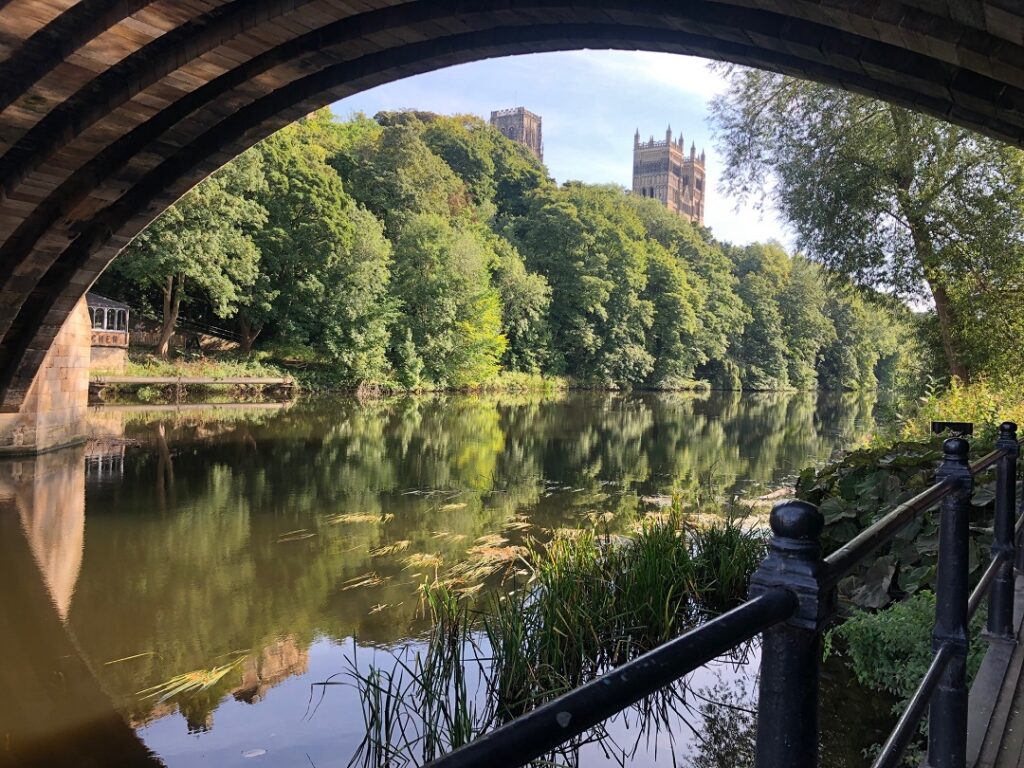
Yet Durham always drew me back. I loved the River Wear that cut through the town, with its paths that ran alongside it. I loved the cathedral and castle, seeped in its own history. I loved the cafes and bookshops that students can always be found in. The environment of the collegiate system, always something going on.
Despite three years in Durham, by the time graduation rolled around I didn’t feel quite done with it. By the time masters applications rolled around, I knew I would apply to Durham’s museum and artefact studies course.
I seriously considered another university’s offer and though I loved the town where it resided, Durham’s course was more of what I was looking for. The breadth of knowledge offered by the course combined with its personal practices was exactly what I wanted in a masters course. Add to it the fact that I already wanted to stay in Durham? It was serendipitous.
What I hope the future holds
Despite the only thing changing being my department and course, I am trying to treat this next year as a new beginning. I plan to try new clubs and societies (while maintaining my old ones), continue my volunteering at the Auckland Project, and become immersed in my new department.
I am thrilled to start a placement in a museum during the length of the course, dive into a dissertation on a topic that fascinates me and get experience working hands on with artefacts. I hope after graduating with my master’s at Durham, to get a job working in a museum as a curator or archivist and continue my passion for historical preservation.
With the opportunities given by Durham’s Museum and Artefact Studies masters, alongside some hard work and motivation, I am certain that it can be achieved.
Discover more
Find out more about postgraduate study at Durham here
Create your own personalised prospectus here.
To find out more about student life in Durham, follow our students on Instagram, TikTok and YouTube


